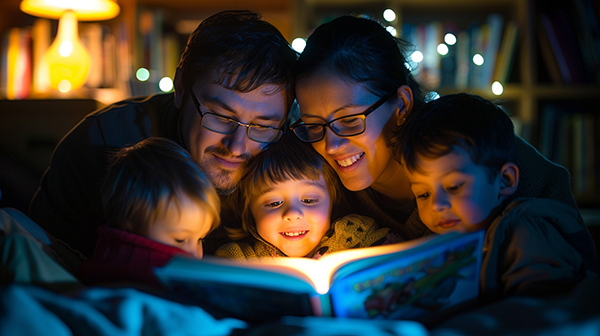Powerful Mind Part 19
Welcome to this week’s Bill Harvey Blog
Updated July 11, 2025. Created July 14, 2023
Read last week’s blog post | See all 12 Powerful Mind Keys
In Powerful Mind 18, we talked about the consistency program, one of the elements of your robot (mechanized, oversimplified coping patterns) that constrains your freedom of expansive choice in every situation. There are other constraints on your free will and creativity in every moment, and one of them is social pressures.

We are social animals, we have built huge hives called cities, and we huddle in them together, or if we choose to live closer to nature, we still highly value the ability to go out and mingle. This is a natural form in which love expresses itself as belonging; we belong to each other and with each other, and we enjoy it. This is part of our reality and can have positive and negative outcomes on our ability to express what is in us. It is of more long-lasting positive value to learn how to channel situations so as to be free in every moment to be who you are, even if it does not seem to fit in at an obvious level.
It’s natural to seek rapport by acknowledging the beliefs you have in common with the people around you. It may feel risky and unnecessary to expose your differences. But it need not be risky, if done right. Instead of expressing disagreement, try the Socratic method: ask questions, and consider the answers objectively, temporarily suspending whatever you may believe based upon your accumulated past experiences.
A contrarian is one who has established a fixed script to argue against practically everything said in earshot. This is the robot with its oversimplified and fixated habit patterns.
Being yourself and not glossing over inner secret disagreements you may have while appearing to go along with the crowd is an act of courage. But it need not be risky if carried off with savoir faire, kindness, and respect.
Open-mindedness is an attractive quality and encourages people to be themselves too. Locked-in ideological dogmas are among the more dangerous side effects of allowing enslavement to one’s robot. Enslavement creeps. You start by enslaving yourself to robot reactions in order to avoid the psychic dissonance and feeling of helplessness at the complexity of life. That then becomes enslavement to other people because you are trying simplistically and superficially to become accepted by them.
The trick with being real is that it is not a stand-alone principle; it must be executed simultaneously with a complementary principle, screening out negativity. If you open up yourself without screening out negativity, the results will be undesirable. You will be expressing not only the real you, you will also be letting out the ventings of your robot. The real you does not want negativity, does not want to add more negativity to the world, would far prefer to never experience negativity, ever. So why do we so often express negativity, sometimes without realizing what a negative expression sits there on our face? It is a robotical phenomenon, not coming from our True Will. Call it a chemical reaction or Pavlovian conditioning or anything else you want; it is part of the problem not part of any solution.
When called upon to comment on a subject you know to be important to the people you are with, and you know going in that you differ from them on certain aspects of this subject, reveal your open-mindedness up front, and mention some of the things that have occurred to you about the subject about which you are still sorting things out. Handled this way, you are inviting your friends to discuss the subject open-mindedly, which is more fun for everybody. Everyone might learn something. This method of respectful discourse is the foundation on which great civilizations have been built. When this format of openhearted discussion is lost, these civilizations have crumbled. That’s how important it is to be real and yet positive at the same time. When you disagree, you can still express positivity by the way you do it, with respect and open-mindedness.
One of the best ways to move toward resolution of ideas which are being debated is by setting up experiments and objectively recording and interpreting the outcomes. This is the method of science and deserves to be applied to daily life, including politics and governance. Fact-based decision-making based on empirical observation of test results, safely testing concepts in action. This can be done at the level of small local organizations or on a global scale.
By avoiding giving your usual response, you open up the chances of creativity and learning, you rethink things. By avoiding social pressures to simply pretend to agree, yet maintaining friendliness and respect as you speak your mind, you make the world a better place, you add to the net value of the universe.
Every rule in the Powerful Mind series (these posts will become the book Powerful Mind) has its exception cases. All 12 Keys work best when balanced together, customized to the current situation you face. This integration is best done intuitively without attachment to outcomes and without fear or anger. Living in this open way rests upon a foundation of courage. Winston Churchill identified courage as the most important virtue because all the other virtues rest upon it.
Love to all,
![]()

